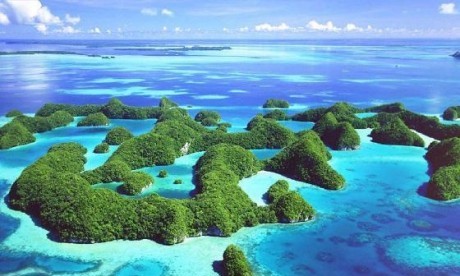The 11th round of the Trans-Pacific Partnership (TPP) negotiations is currently taking place in Melbourne, Australia.
Although negotiators have agreed to the broad outlines of the TPP agreement, a new trade issue has created a snag in the process: the inclusion of investor-state dispute settlement provisions. Australia has refused to accept the investor-state dispute settlement, and U.S. industry associations are urging President Barack Obama to overcome these objections. These investor-state dispute settlement provisions have been included in U.S. investment treaties and trade agreements with more than 50 countries, and there are over 2,500 of these accords currently on record. These provisions, however, give advantages to large economies and can cripple small island states like Pacific Island nations.
Obama describes the TPPA as a “a trade agreement for the 21st century” that improves on and rectifies past problems in U.S. trade and investment treaties. Nine countries are currently negotiating the TPPA: the United States, Australia, New Zealand, Chile, Peru, Brunei, Vietnam, Malaysia, and Singapore. Japan is in preliminary talks, and Canada and Mexico are looking to join. Although the negotiations are being held in secret, leaked documents confirm that the TPPA is a “NAFTA on steroids.” Contrary to democratic practice, the documents connected to the negotiations will remain secret for four years after being signed or dismissed.
The United States is leading the negotiations and has a great deal of influence over the outcome of the agreement, which covers a vast range of subject matters, including tariffs on goods, trade in services, labor and the environment, telecommunications, and intellectual property. For Pacific Islands, however, the investor rights chapters may offer the greatest challenge to Pacific Island environmental resources.
Continue reading Vacuuming up the Pacific’s resources
Image source: Celsias NZ
Additional readingNews category: Asia Pacific.




